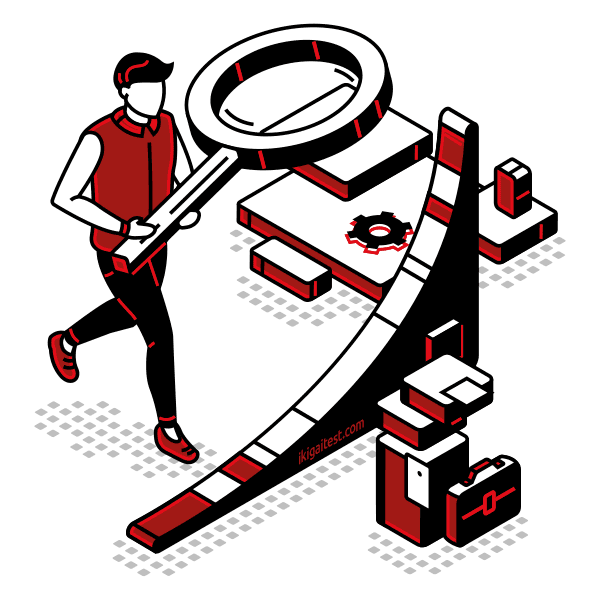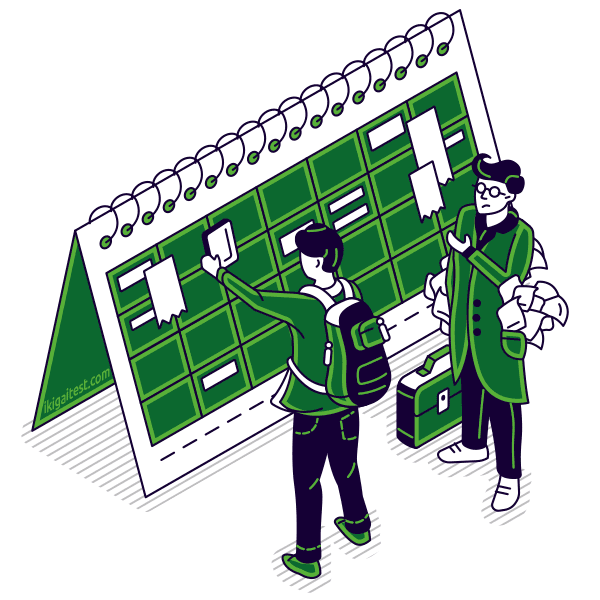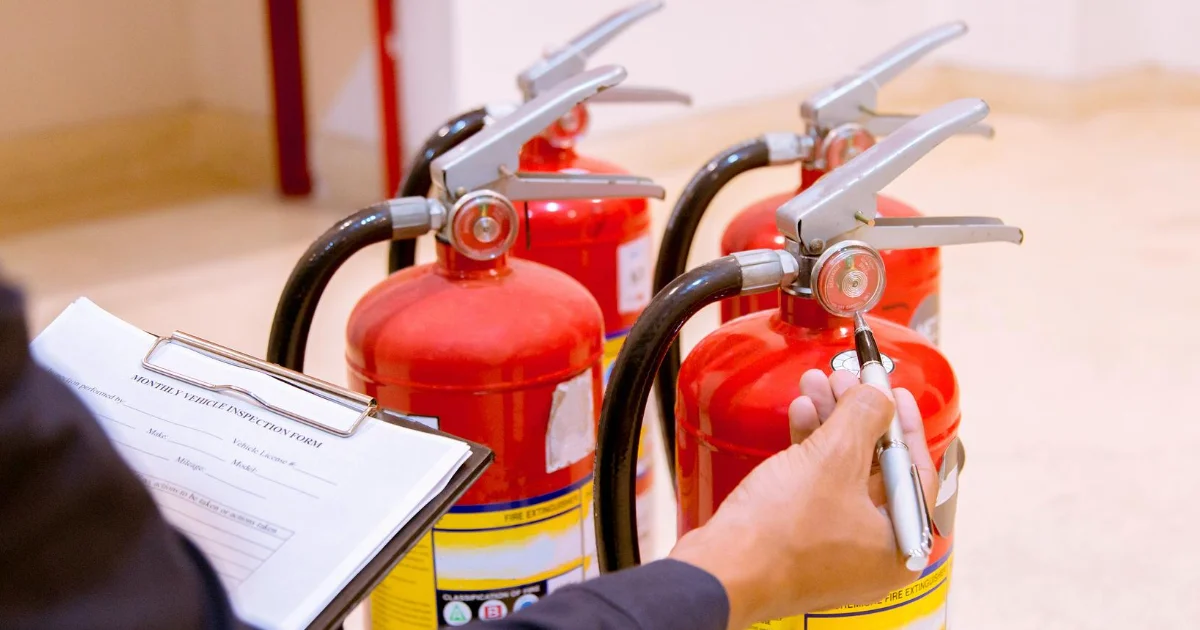Inspector

Inspectors should be great at:
- Estimating sizes, distances, and quantities; or determining time, costs, resources, or materials needed to perform a work activity.
- Observing, receiving, and otherwise obtaining information from all relevant sources.
- Identifying information by categorizing, estimating, recognizing differences or similarities, and detecting changes in circumstances or events.
- Inspecting equipment, structures, or materials to identify the cause of errors or other problems or defects.
Strategist

Most strategists should excel at:
- Establishing long-range objectives and specifying the strategies and actions to achieve them.
- Analyzing information and evaluating results to choose the best solution and solve problems.
- Developing specific goals and plans to prioritize, organize, and accomplish your work.
- Scheduling events, programs, and activities, as well as the work of others.
Other work activities related to Fire prevention and protection engineers
- Preparing and writing reports detailing specific fire prevention and protection issues, such as working performed, revised codes or standards, and proposed reviewing schedules.
- Inspecting buildings or building designs for determining fire protection system requirements and potential problems in areas such as water supplies, exit locations, and construction materials.
- Advising architects, builders, and other construction personnel on fire prevention equipment and techniques and on fire code and standard interpretation and compliance.
- Determining causes of fires and ways in which they could have been prevented.
- Directing the purchasing, modification, installation, maintenance, and operation of fire protection systems.
- Consulting with authorities for discussing safety regulations and to recommending changes as necessary.
- Developing plans for the prevention of destruction by fire, wind, and water.
- Attending workshops, seminars, or conferences for presenting or obtaining information regarding fire prevention and protection.








